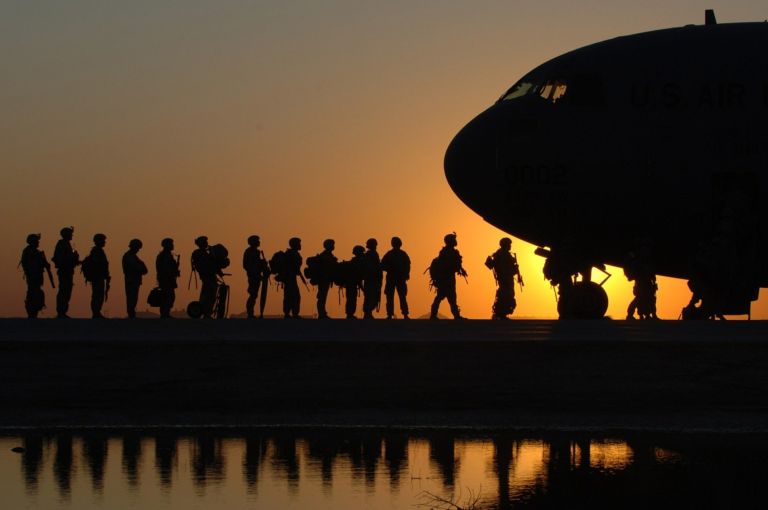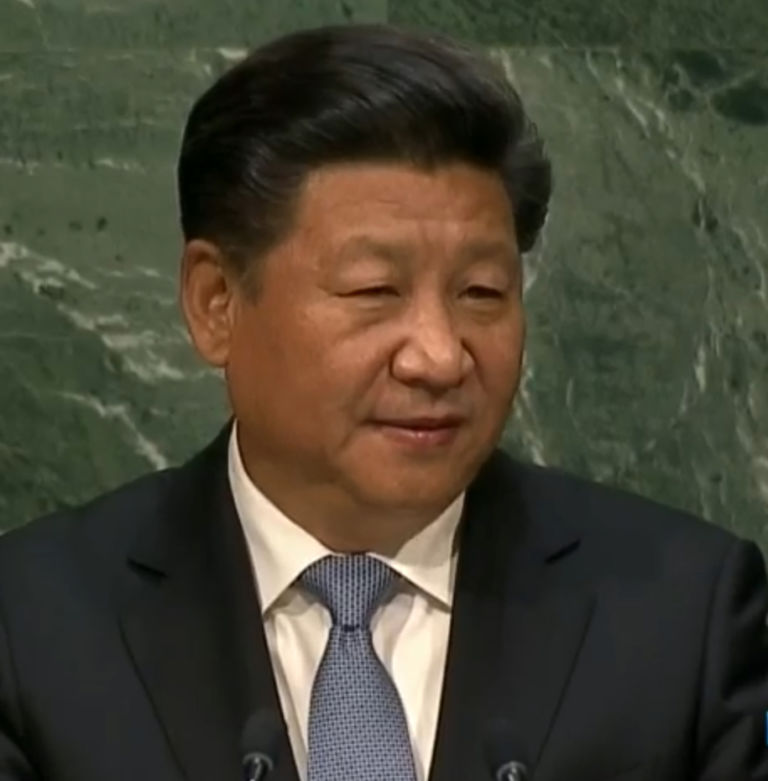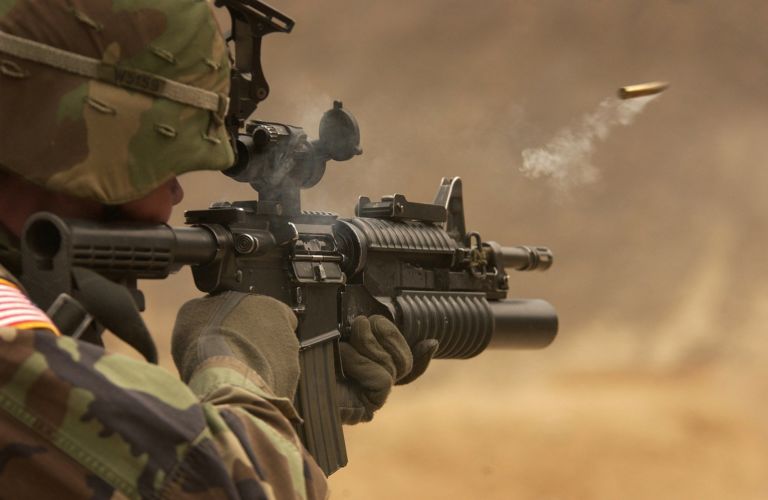Jay Schalin of the Martin Center focuses on the difficulty members of the military face when trying to convert their extensive education into academic credentials.
[A]cademia is not the only place to learn valuable skills and reasoning. The United States armed forces also have a long track record for training young people for demanding tasks. Today’s military requires advanced skills in a plethora of fields and has long taught its members to acquire them in a hurry. Disciplines taught in both include medical care, technology, foreign languages, leadership, management, public speaking, instructional techniques, and much more.
Yet there is often insufficient transferability between the two institutions, even though much of the subject matter is aligned.
One of the major barriers has been that the military does not divide much of its training into the standard Carnegie academia units know as “credit hours” the way academia does. According to an essay by Steven Delvaux, the vice provost for academic affairs at Army University, in Inside Higher Education, “the absence of a registrar-validated transcript with learning recorded in credit hours is possibly the single biggest reason for soldiers receiving inadequate credit for the learning that occurs during their Army training, education, and experience.”
That lack of transferability extends to the labor market as well. Because military credentials don’t always translate well to private sector employers, former military personnel can struggle once they re-enter the civilian workforce. According to Paul Bill, who is the veterans employment director at the Charlotte-based nonprofit Veterans Bridge Home, which works with veterans returning to civilian life, the problem “is huge…you have vets coming out every day who, if they had a civilian resume for their experience instead of a military transcript, would be a lot better off.”
Those problems are now receiving considerable attention.


